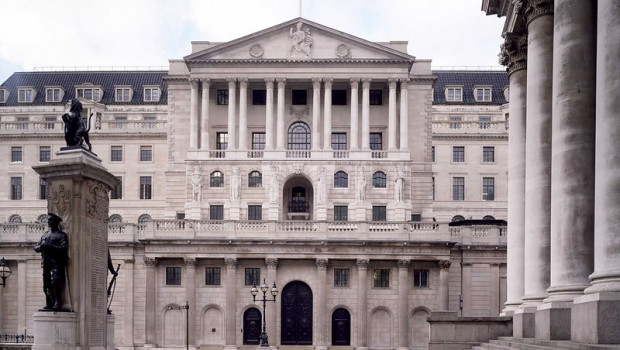UK households draw on savings at record rate

UK households drew heavily on savings last month, official data showed on Thursday, as higher interest rates weighed on borrowing.
According to the latest Bank of England Money and Credit report, households withdrew a net £4.6bn from banks and building societies in May, the highest level on record. That compares to net deposits of £3.7bn a month earlier.
The combined net flow of household deposits with both banks and building societies and National Savings and Investment accounts was -£3.8bn, a stark reversal on April’s £5.3bn.
Net borrowing on consumer credit by individuals decreased to £1.1bn from £1.5bn in April.
Mortgage approvals, however, ticked higher. Net mortgage approvals for house purchases rose to 50,500, from 49,000 in April and ahead of consensus, for 49,700. But it remains well below the 2015-to-2019 pre-pandemic average of 66,400.
The effective interest rate – the actual interest rate paid – on newly drawn mortgages rose by 10 basis points to 4.56%. Individuals repaid on net £0.1bn of mortgage debt, following on from April’s £1.5bn repayment.
Paul Heywood, chief data and analytics officer at Equifax UK, said: “Consumers are facing the financial double whammy of high costs for both goods and borrowing, as May and June saw inflation remain at historic levels.
“The BoE’s figures show that the fiscal policy of base rate rises has depressed consumer borrowing, but there is likely to be more pain on the horizon as rates are predicted to trend upwards over the summer.
“Despite mortgage approvals increasing, there remains a serious concern that the UK is headed for a mortgage shock as homeowners come to the end of their pre-inflation deals.”
Samuel Tombs, chief UK economist at Pantheon Macroeconomics, said: “The chief risk to the economy is that households who have a mortgage which does not need to be refinanced immediately step up their optional repayments of mortgage debt, or save more so that can pay off debt when they refinance, in response to the renewed increase in new mortgage rates.
“If a large fraction of borrowers starts to save more or pay off debt, then a recession is possible. For now though we think that risk is low: the recent recovery in consumer confidence suggests that households won’t lurch decisively towards caution.”
Interest rates have risen 13 times since December 2021 and now stand at 5%. Most analysts expect them to peak at between 5.5% and 6%.